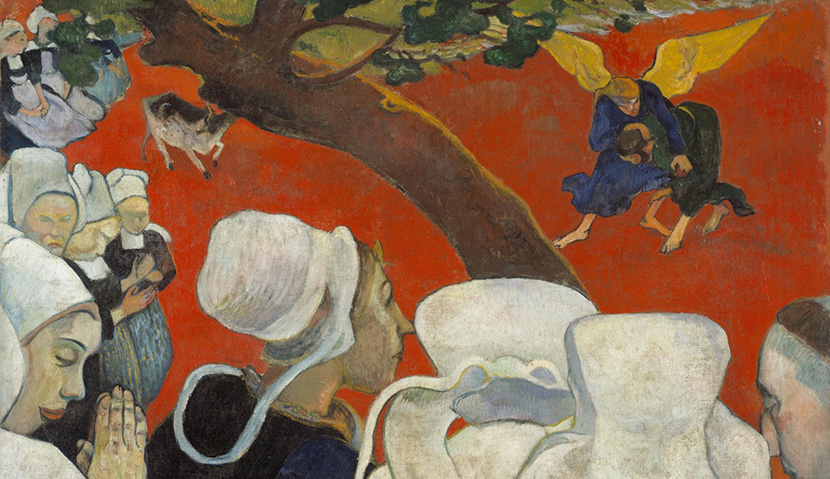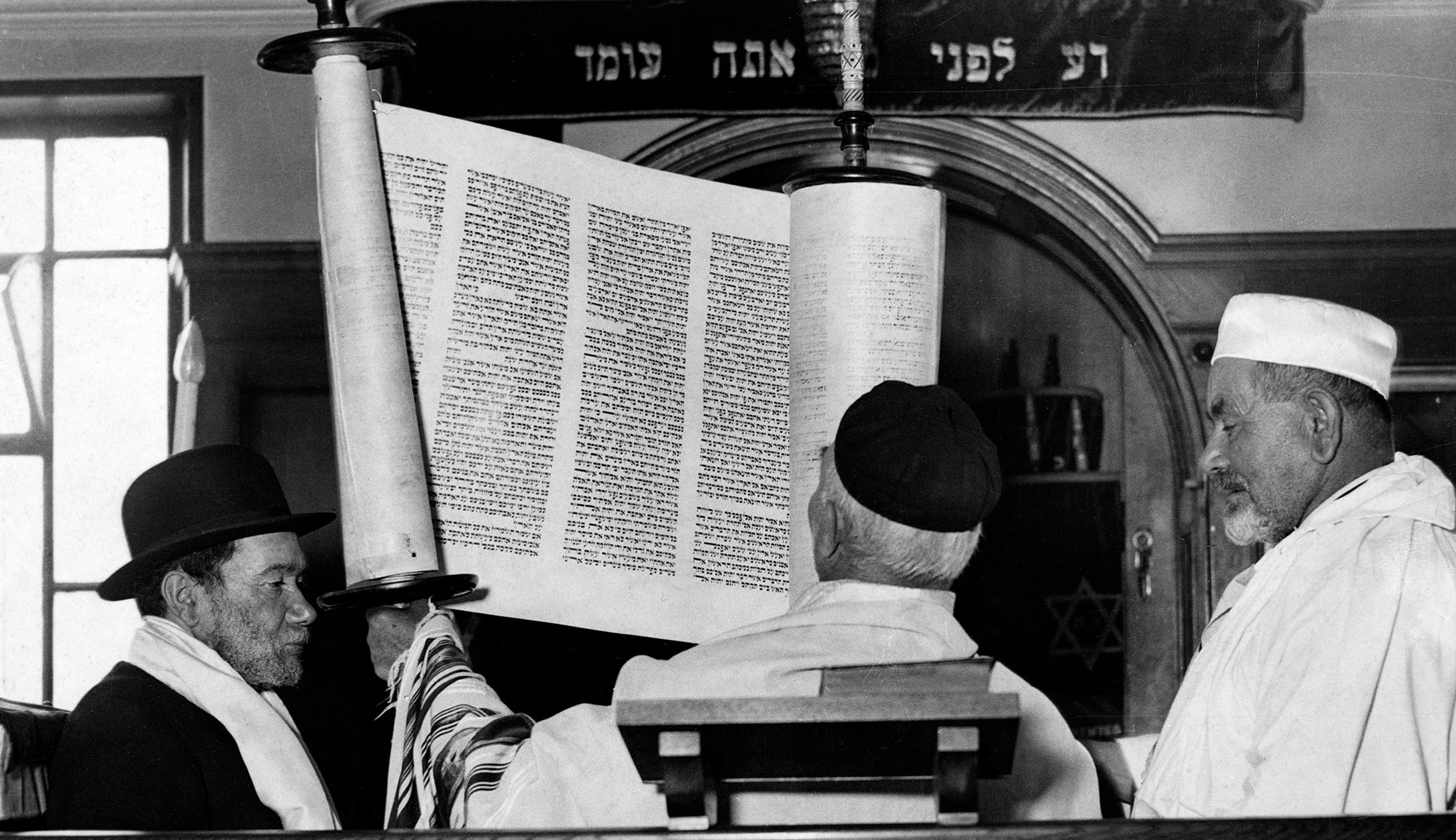While most of the Haggadah is written in the Hebrew used in Judea around the 2nd century CE, one passage, recited shortly after the seder commences, stands out for being in Aramaic. It begins: “This is the bread of poverty that our forefathers ate in the land of Egypt. Let whoever is hungry come and eat; let whoever is needy come and celebrate the Passover.” Simcha Gross points to the incongruities of this declaration, which troubled medieval readers as well as modern ones:
To whom is this invitation addressed? The guests are, after all, already crowded around the table. And why is the invitation issued in Aramaic rather than the classical Hebrew of the rest of the Haggadah? Finally, why isn’t this line mentioned anywhere in rabbinic literature?
With some historical detective work, Gross locates the origins of the invitation to Babylonia, sometime prior to the 9th century, when it is mentioned by a Babylonian sage named Rabbi Matityah as “the custom of our fathers.” This custom, like so many, then took on a life of its own:
According to Matityah, the seder invitation was not mere lip service, and it came with real expectations and obligations. It was spoken in Aramaic, the common vernacular, so the poor and the hungry outside could understand it; the doors to the house were kept open so that they could hear the invitation and actually enter; and the overture took place just before the beginning of the meal. [It reflects] the overt generosity that was already characteristic of wealthy Babylonians: the door was opened, and the poor were formally invited in to dinner.
Matityah continues . . . by reporting that the practice of issuing a late-breaking Seder invitation began at a time when Jews lived in predominantly Jewish neighborhoods. However, as the neighborhoods became more mixed, new efforts had to be made to provide communal support for the poor before the beginning of the holiday, so that needy Jews wouldn’t have to wander the streets of increasingly non-Jewish communities in search of last-minute seder hosts.
In time, as elements of the invitation became further ritualized and their original context forgotten, new explanations, as well as new practices, developed. An 11th-century North African rabbi named Nissim ben Jacob provides the earliest evidence that the custom of opening doors had migrated from Babylonia and become disconnected from the original invitation and treated as a distinct ritual act. Tapping into the old rabbinic idea that Passover eve was destined to be the date of future, and not only the past, redemption, Rabbi Nissim explained that on Passover night, “the doors of the house remain open, so that when Elijah comes we will go out to greet him speedily, without delay.”
Fast-forward a few centuries, and one gets the still-widespread Ashkenazi practice of opening the door to Elijah the prophet.
Read more at Jewish Review of Books
More about: Babylonian Jewry, Elijah, Haggadah, Passover


